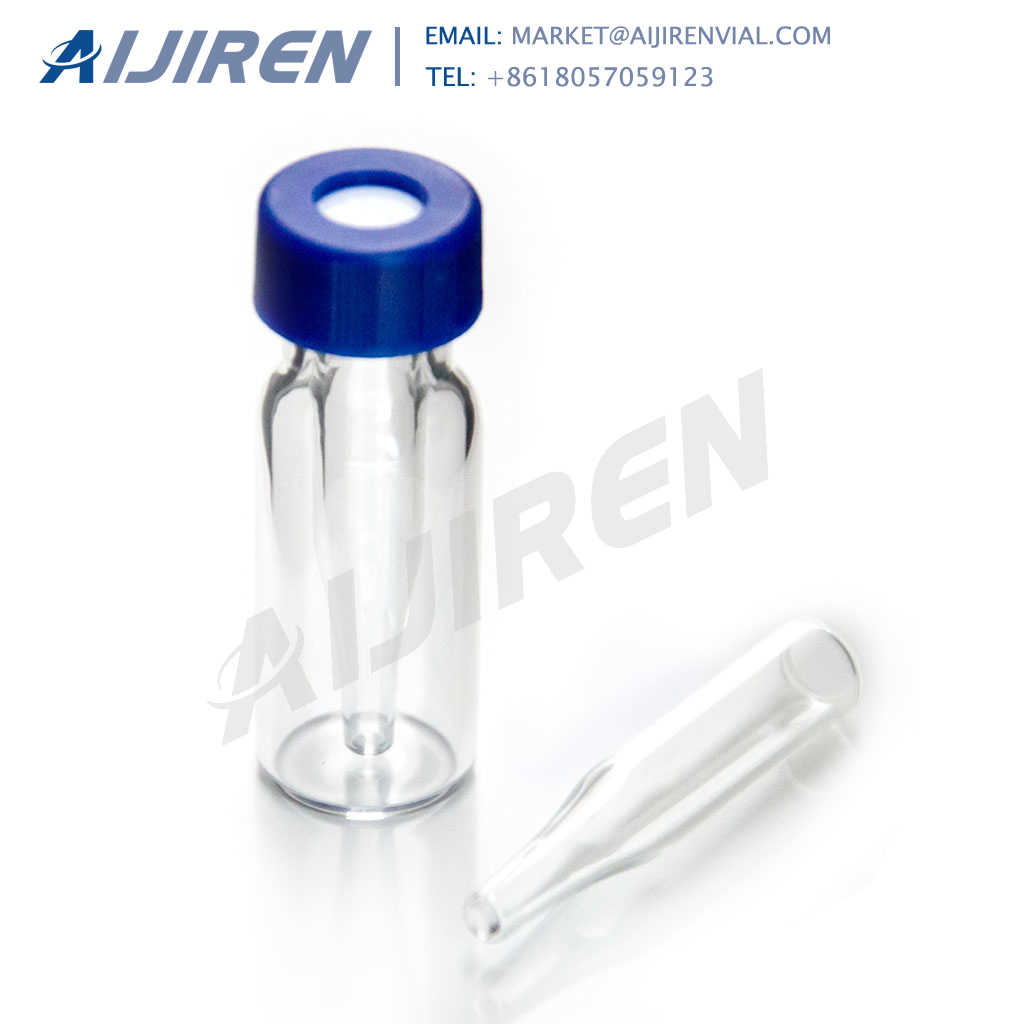
Filter feeders are a sub-group of suspension feeding animals that feed by straining suspended matter and food particles from water, typically by passing the water over a specialized filtering structure. Some animals that use this method of feeding are clams, krill, sponges, baleen whales, and many fish (including some sharks ).
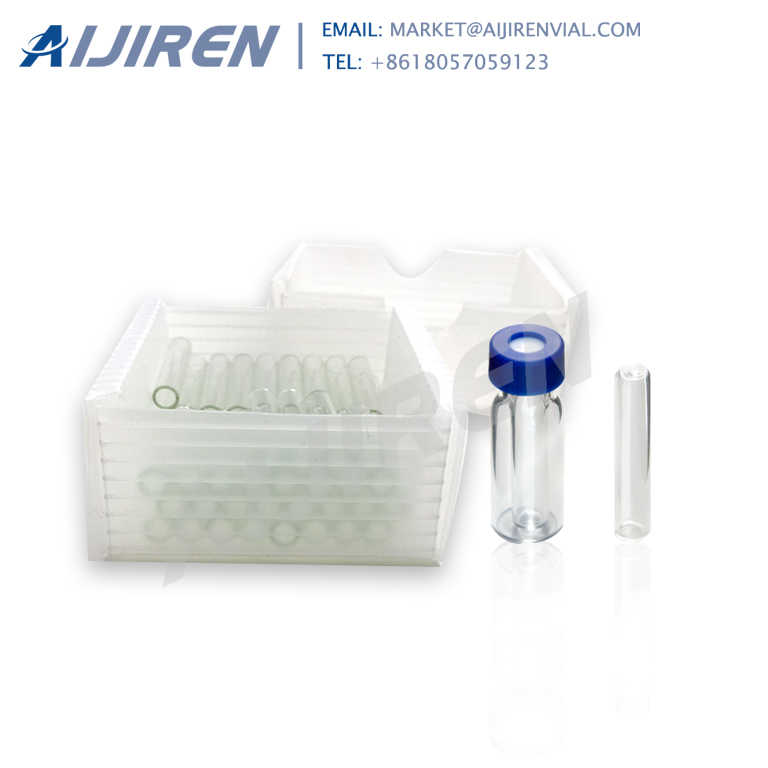
May 19, 2008 · Filter feeding is a method of aquatic feeding in which the animal takes in many small pieces of prey at one time. As opposed to predators who seek out specialized food items, filter feeding is simply opening up your mouth and taking in whatever happens to be there, while filtering out the undesirable parts. Filter feeders are mostly underwater
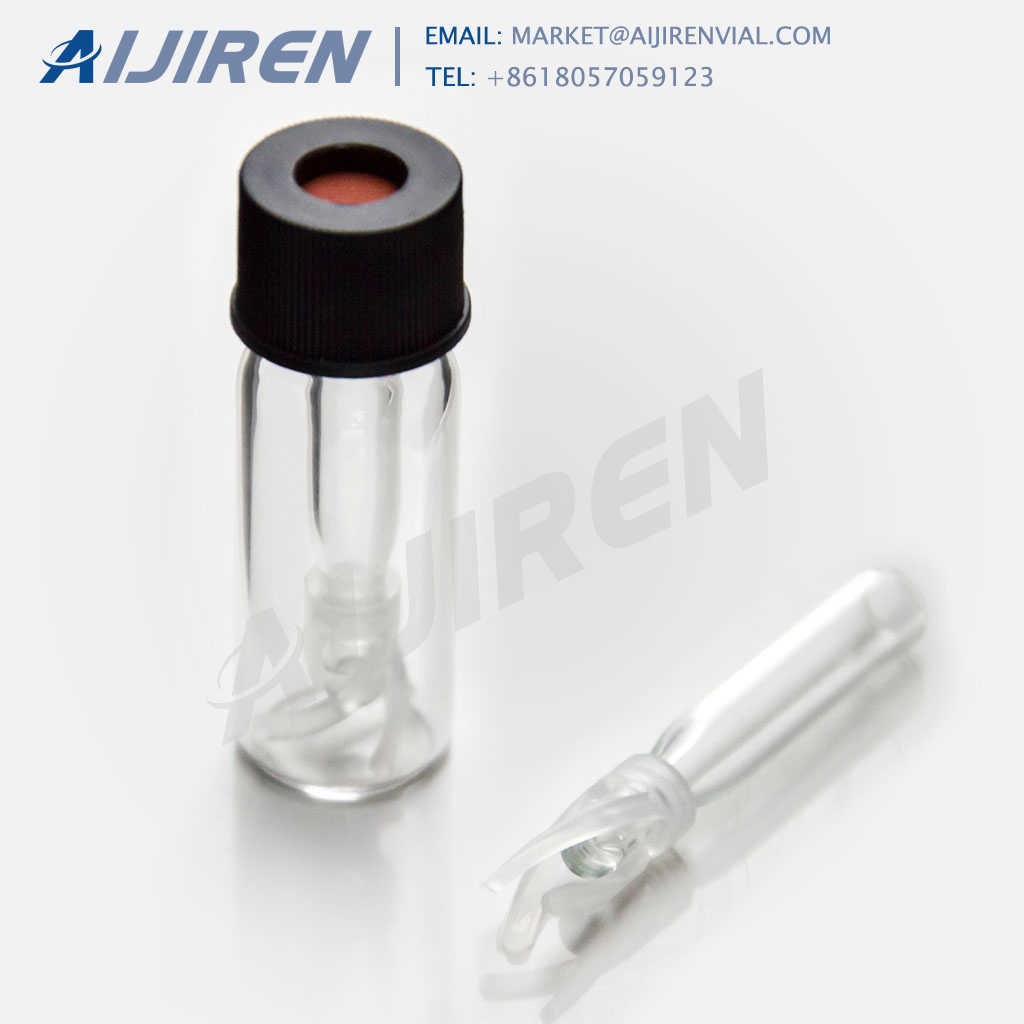
Aug 31, 2014 · Some filter feeders are sessile organisms - they don't move much, if at all. Examples of sessile filter feeders are tunicates (sea squirts), bivalves (e.g. mussels, oysters, scallops ), and sponges. Bivalves filter-feed by straining organic matter from the water using their gills. This is accomplished using cilia, which are thin filaments that beat to produce a current over water over the gills.
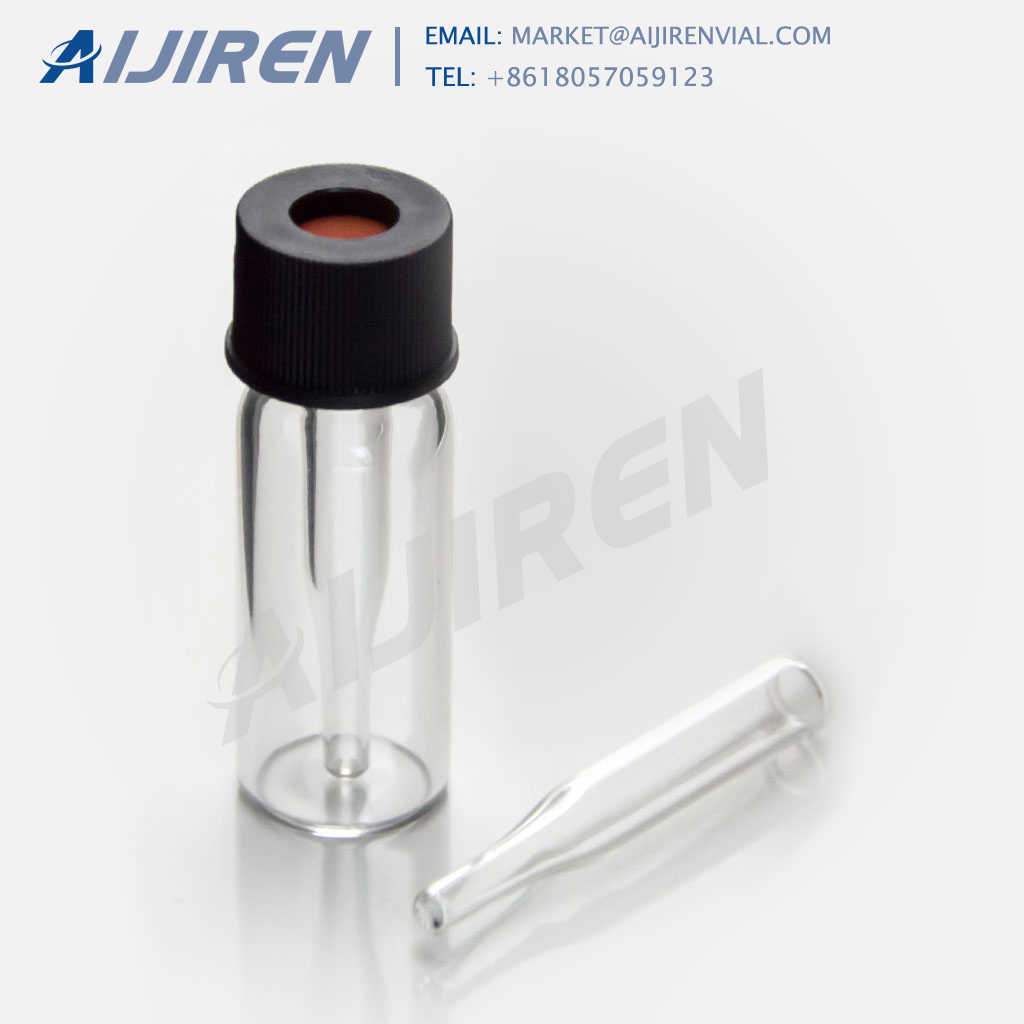
Oct 12, 2021 · The membrane is a physical obstruction that, depending on its physical and/or chemical properties, allows certain compounds to pass through the membrane. So membrane filtration is a physical procedure for particle separation of particles by means of semi-permeable membranes. Membrane filtration is a rapidly expanding field in water treatment.
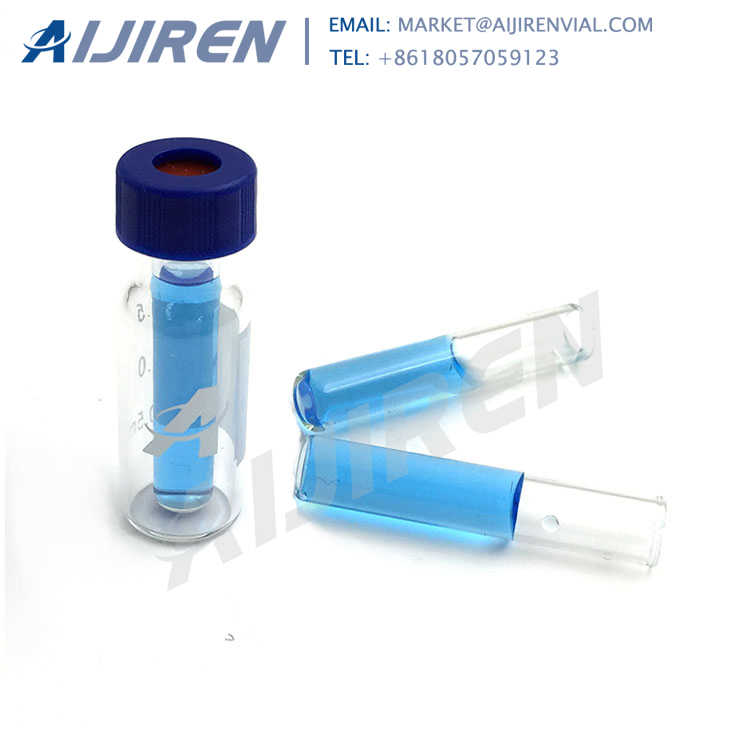
Jun 09, 2022 · The membrane feeder was designed in two parts, a top chamber that connects to a circulating water bath and a bottom chamber holding a water reservoir and the RBC/gametocyte/serum sample on the
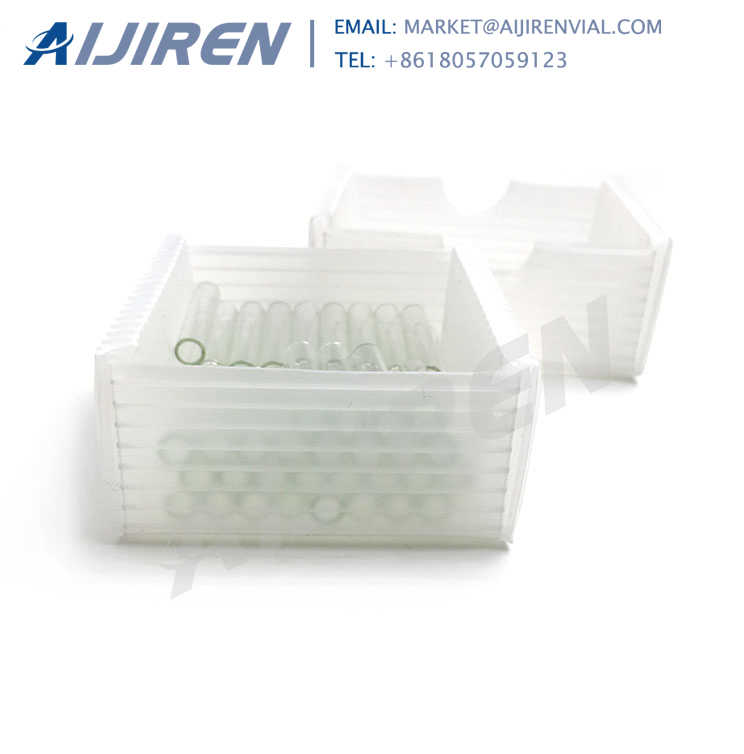
Filter Membranes. Produced by the precipitation or stretching of polymeric materials, membrane filters are commonly used in both industry and research. Properties of membrane filters vary widely with differences in composition, surface treatments, and pore size. Selecting the ideal filter requires an understanding of basic characteristics.

FILTRATION PRINCIPLE. A membrane filter press is fed in the same way as a chamber filter press, however the filling level of the chambers can be controlled manually. The increasing feed pressure ensures pre-compression and dewatering of the filter cake in the chamber.
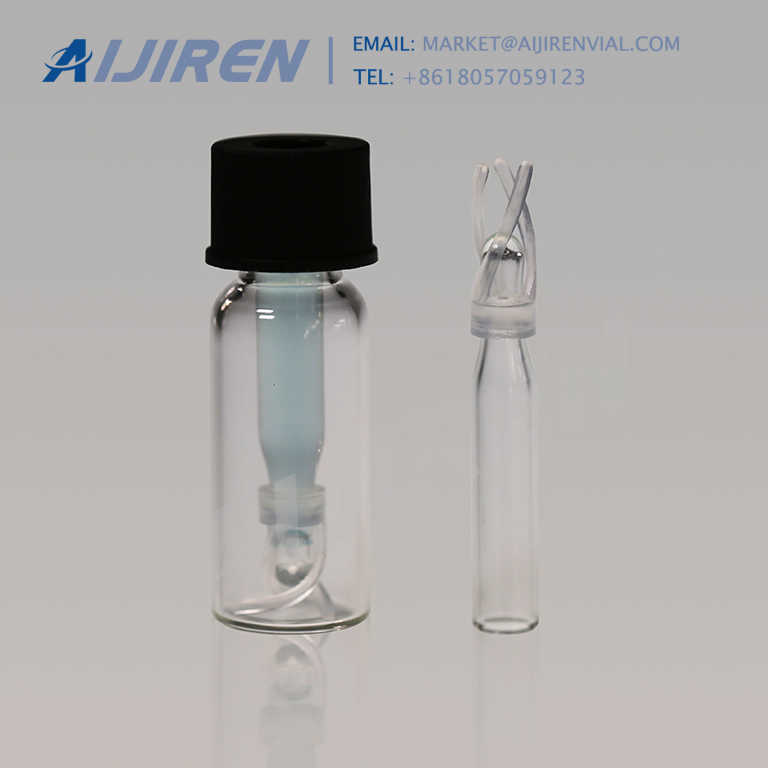
Dec 14, 2020 · Disadvantages of Membrane Filtration. The turbid water can not be used in membrane filtration. There may be a risk of bacterial abundance, as the water carries numerous microorganisms. Glass filters are breakable and can break quickly. The membrane filters can crack easily. Only liquids are sterilized by this method.
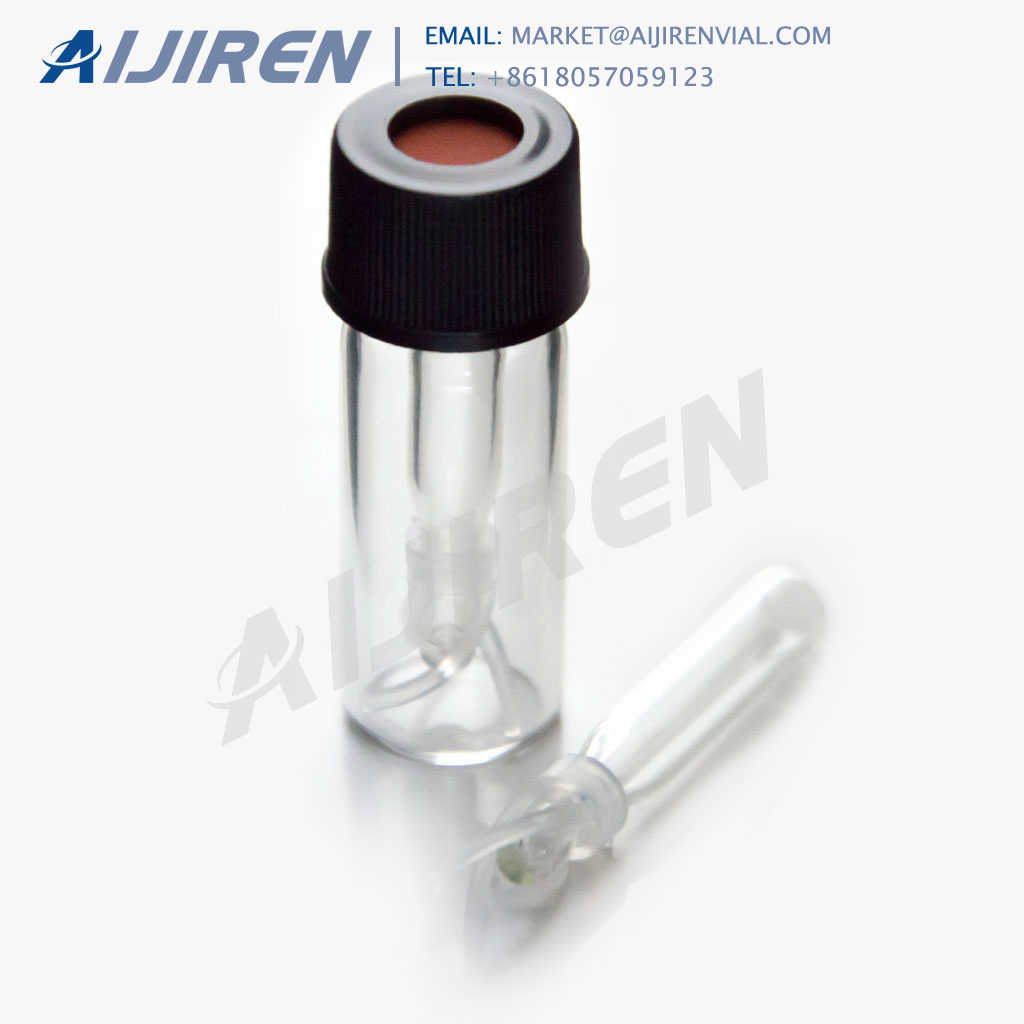
Membrane filter plate has a chamber below the drainage surface that may be inflated. The common method used is water pressure, which is generated by pumping into the squeeze cavity to inflate the face of filter plate against the filter cake. Air pressure may also be used.
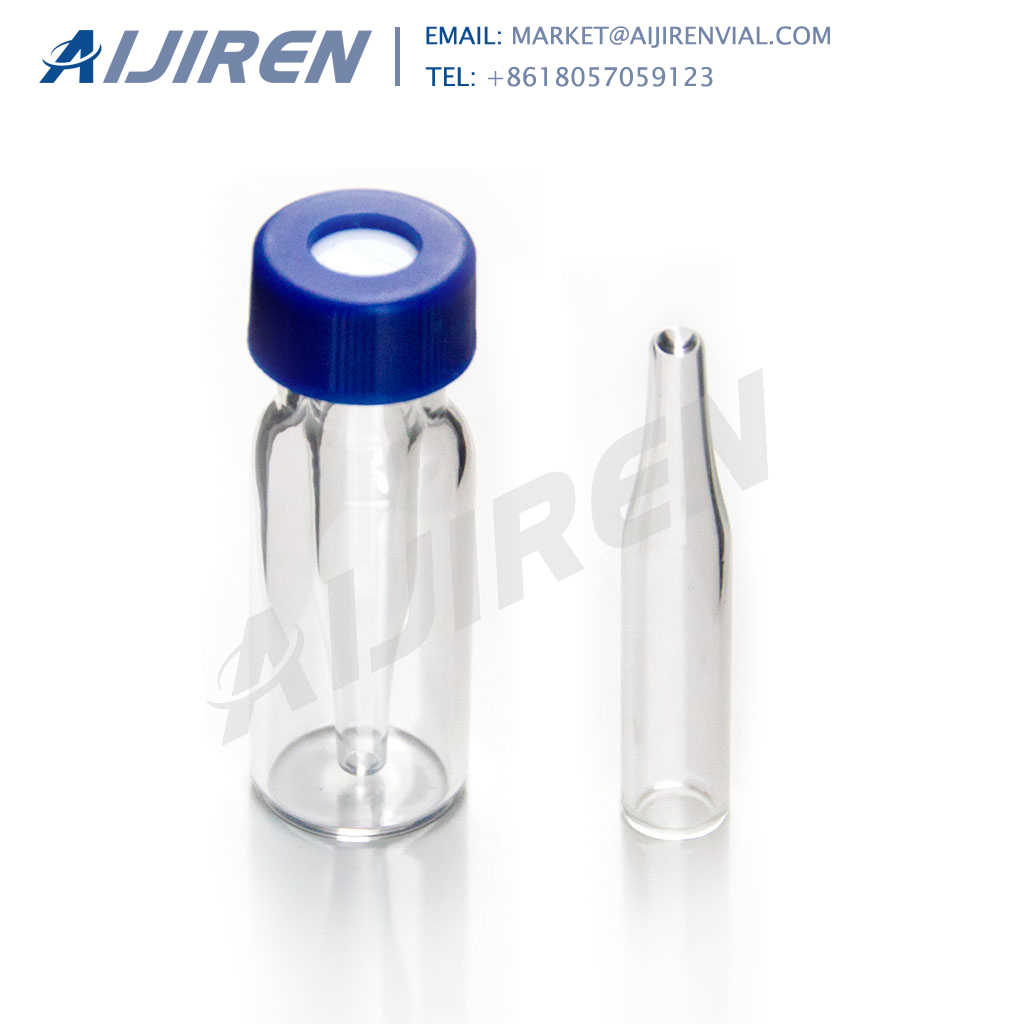
If the membrane does not have a substrate, it is bio-directional and either side can be used as the inlet. If it has a substrate, the substrate layer will be more coarse and ridged than the membrane side. The membrane side would be the inlet and the coarse substrate side the outlet. The solvent should enter the inlet side of the membrane first.
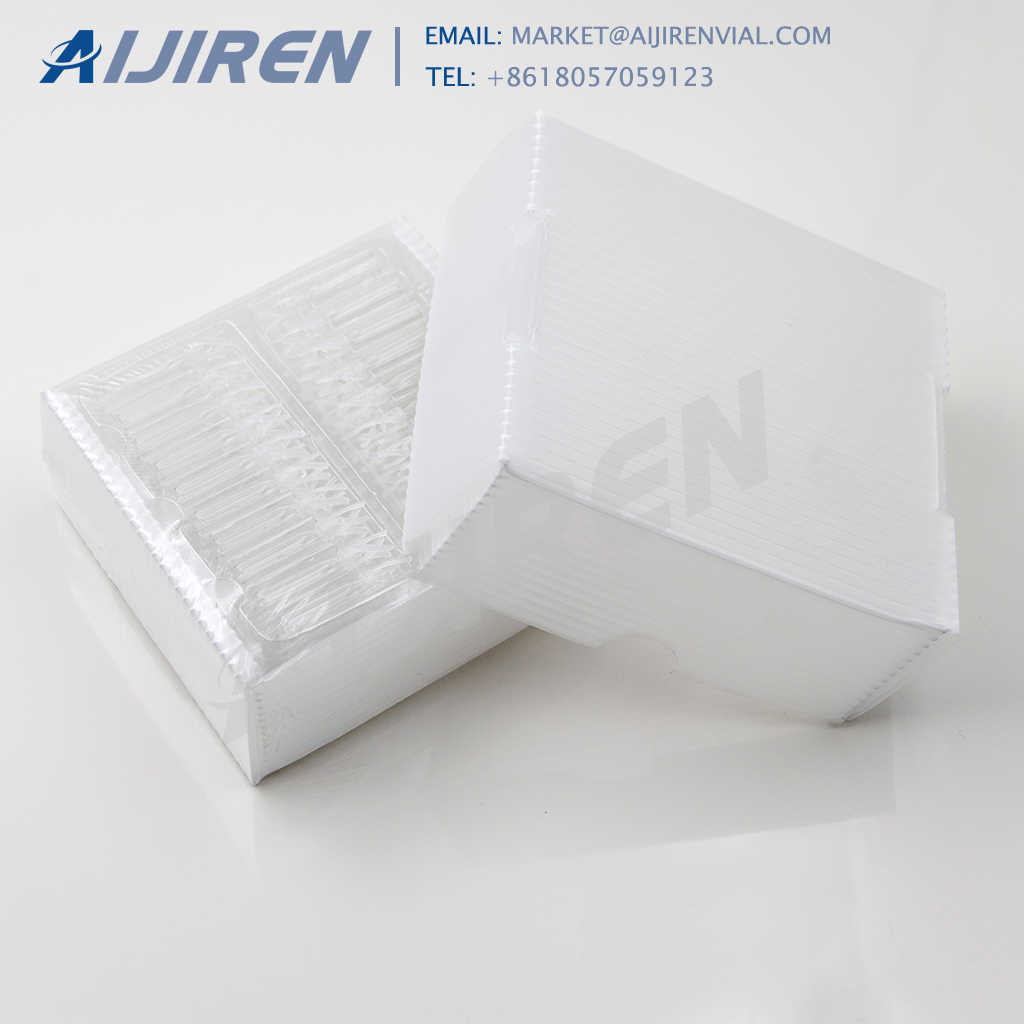
How does a membrane filter work? Reverse osmosis applies pressure to a semipermeable membrane that allows the water molecules to pass through while flushing the dissolved inorganic compounds to the drain. So it separates the water into two pathways. Shop RO Membranes Ultrafiltration doesn't separate the water like a reverse osmosis membrane.
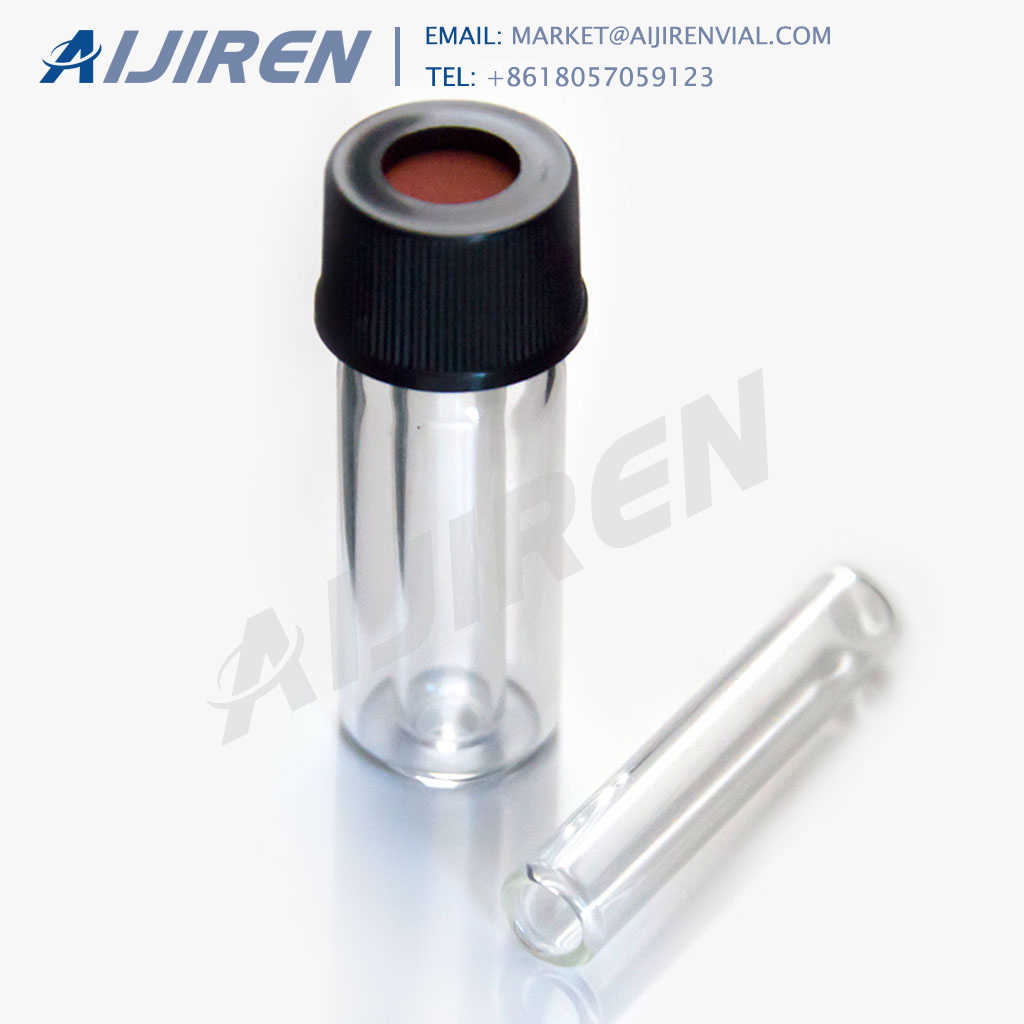
May 04, 2022 · Step-by-step Procedures. Collect the sample and make any necessary dilutions. Select the appropriate nutrient or culture medium. Dispense the broth into a sterile Petri dish, evenly saturating the absorbent pad. Flame the forceps, and remove the membrane from the sterile package. Place the membrane filter into the funnel assembly.
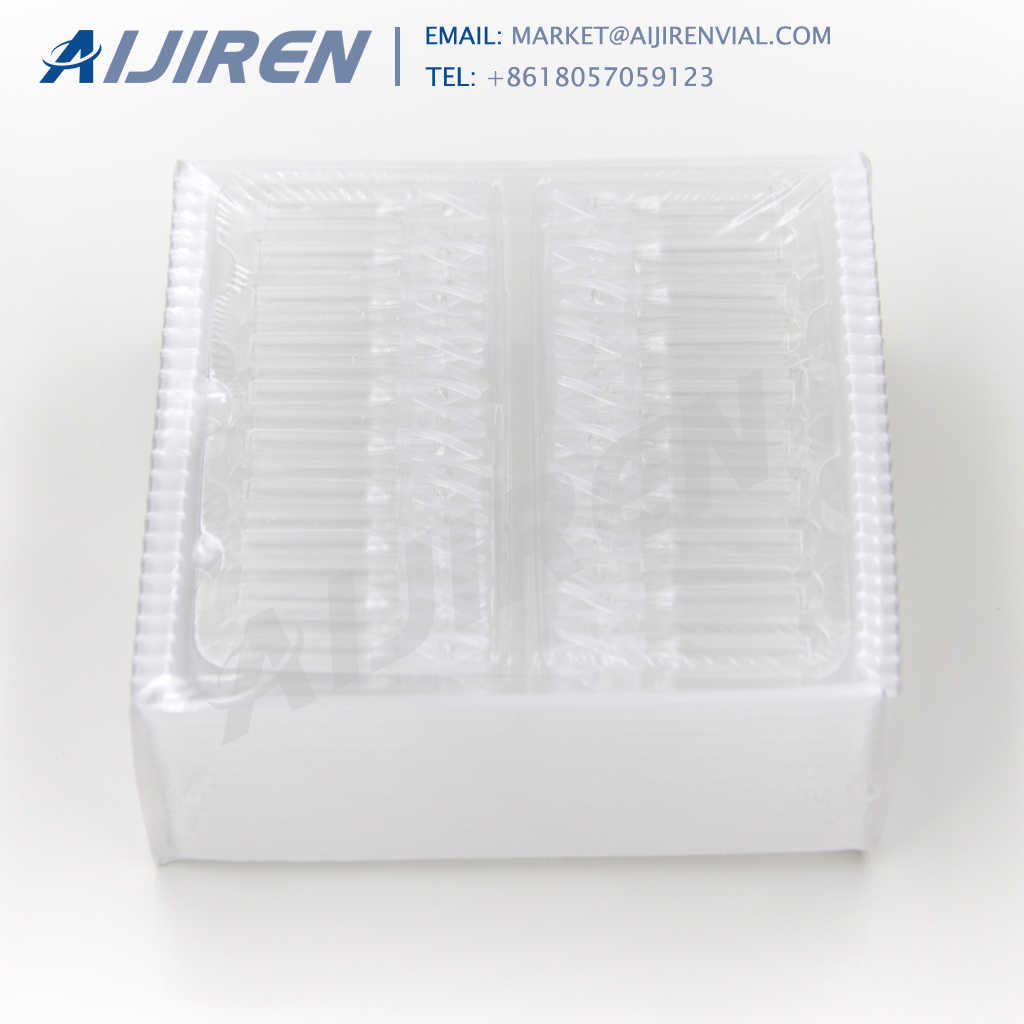
Oct 25, 2016 · Membrane filtration process is a physical separation method characterized by the ability to separate molecules of different sizes and characteristics. Its driving force is the difference in pressure between the two sides of a special membrane. Membrane technology enables you to bring down overall production costs, and boost product quality at
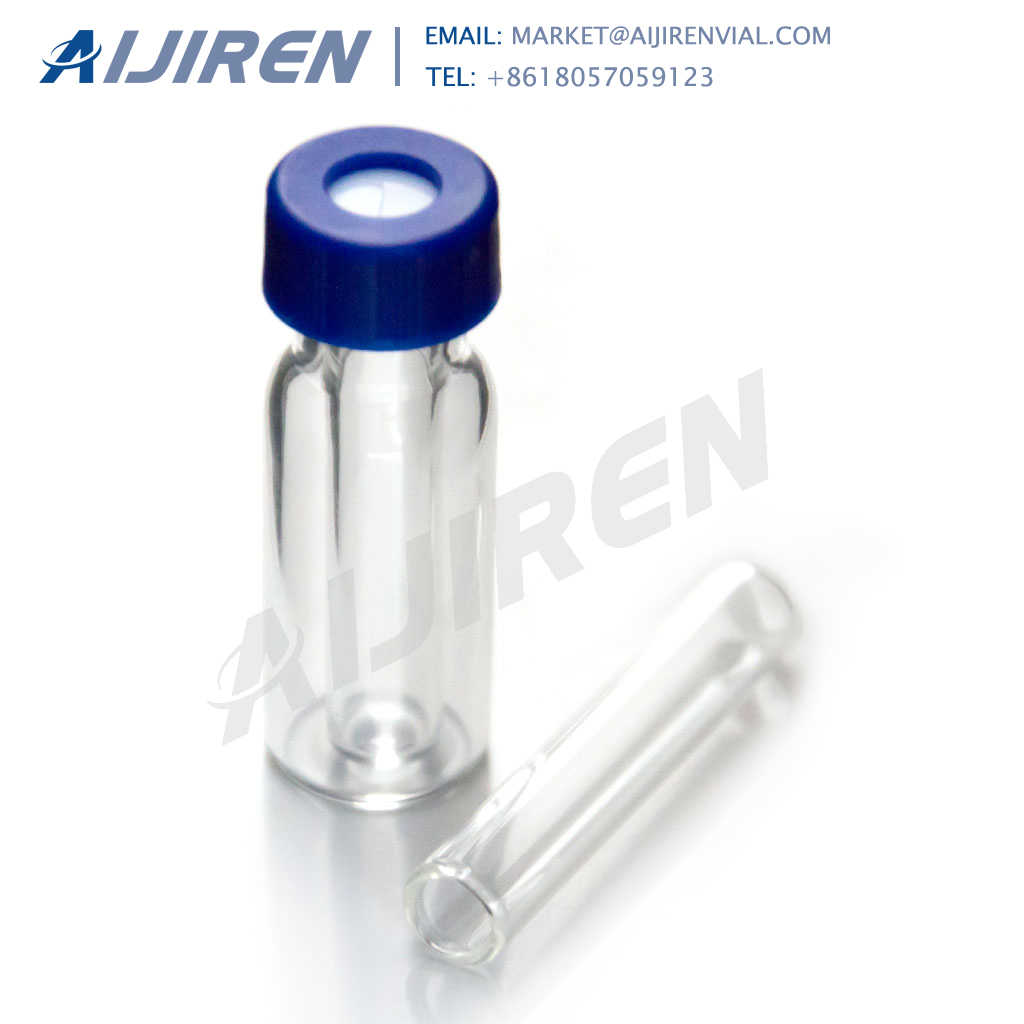
As coastal filter feeders, where the whole animal is consumed, food safety is important for mussels and other bivalves. Accumulation of bacteria, viruses, toxic chemicals, elements, and biotoxins is associated with bivalves. Most edible bivalves, including mussels, are generally subject to purification, or depuration, which places the shellfish
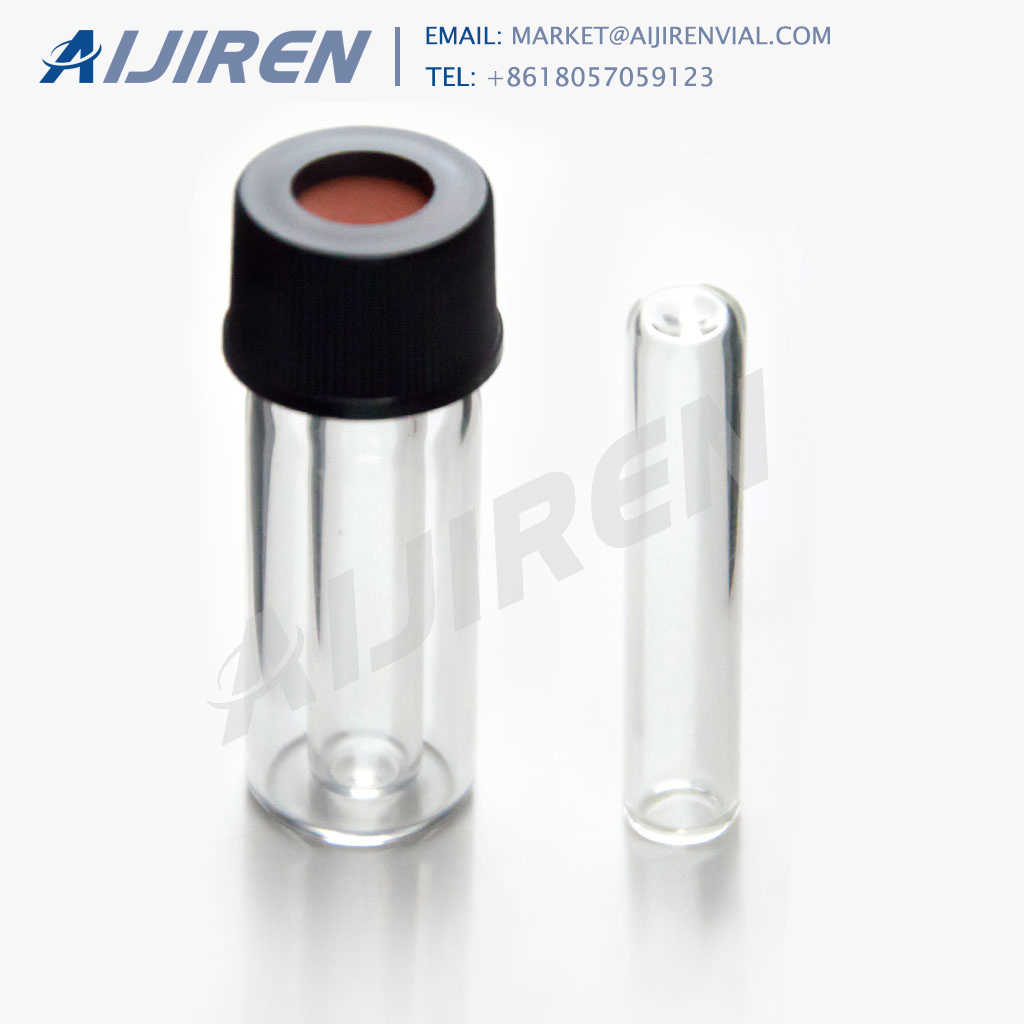
Jun 25, 2022 · Bivalves feed on plankton, as well as benthic algae and detritus, and in turn they provide food for echinoderms, fish, birds and other animals. Other filter feeders use an external filter. This strategy is used by all the barnacles, both acorn and goose, as well as several kinds of polychaete worms. Barnacles are actually greatly modified